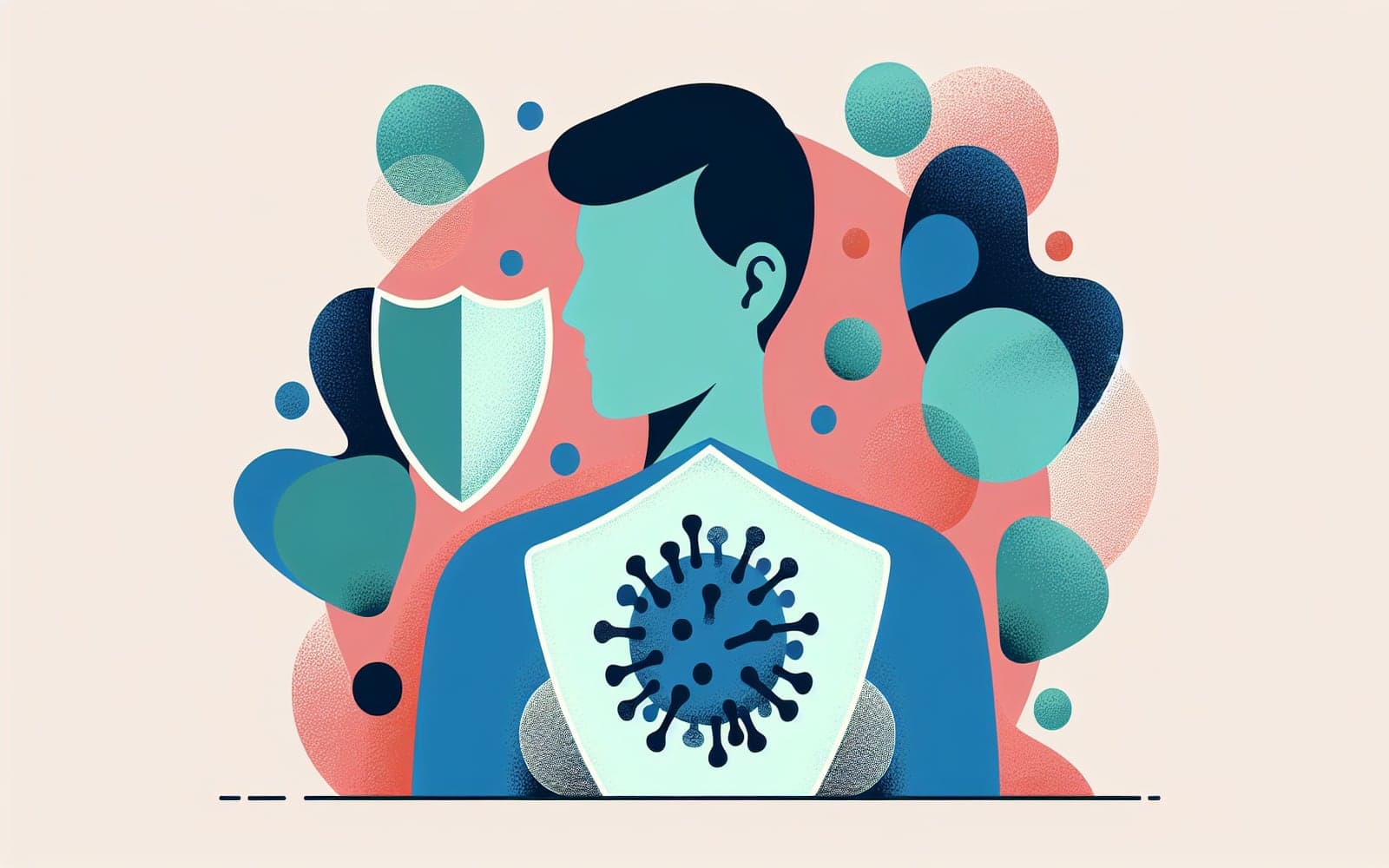Shingles: The Sneaky Virus That Strikes Back
Shingles: The Sneaky Virus That Strikes Back
What's This About?
Shingles is a painful rash caused by the reactivation of the chickenpox virus. It typically affects older adults and those with weakened immune systems.
Contents
- The Culprit Behind the Rash
- Recognizing the Signs
- Complications to Watch For
The Culprit Behind the Rash
Shingles is caused by the varicella-zoster virus, the same virus responsible for chickenpox. After you recover from chickenpox, the virus lies dormant in your nerve tissues. Years later, it can reactivate and travel along nerve pathways to your skin, causing the characteristic shingles rash. This reactivation is more common in people over 50 or those with compromised immune systems.
Recognizing the Signs
Shingles typically begins with pain, tingling, or burning in a specific area of skin. Within a few days, a red rash appears in that area, followed by fluid-filled blisters. The rash usually wraps around one side of your torso or appears on one side of your face. Other symptoms may include fever, headache, and fatigue. If you suspect you have shingles, see a doctor promptly for diagnosis and treatment.

Complications to Watch For
While many people recover from shingles without issues, complications can occur. The most common is postherpetic neuralgia, persistent pain that continues after the rash has healed. Other potential complications include vision problems if the rash occurs near the eye, bacterial skin infections, and in rare cases, inflammation of the brain or spinal cord. Prompt treatment can help reduce the risk of these complications.
FAQs
Can I get shingles if I've never had chickenpox?
No, but you could get chickenpox from someone with shingles.
Is shingles contagious?
Yes, but only to people who haven't had chickenpox or the vaccine.
How long does shingles last?
Typically 3-5 weeks, but complications can extend this period.
Can I get shingles more than once?
Yes, but it's rare to get it multiple times.
Is there a vaccine for shingles?
Yes, it's recommended for adults 50 and older.
The Bottom Line
While shingles can be painful and disruptive, early treatment can help manage symptoms and prevent complications.
Additional References
- Gnann JW Jr, Whitley RJ. Clinical practice. Herpes zoster. N Engl J Med 2002; 347:340.
- Dworkin RH, Johnson RW, Breuer J, et al. Recommendations for the management of herpes zoster. Clin Infect Dis 2007; 44 Suppl 1:S1.
- Johnson RW, Rice AS. Clinical practice. Postherpetic neuralgia. N Engl J Med 2014; 371:1526.
This article has been reviewed for accuracy by one of the licensed medical doctors working for Doctronic.











